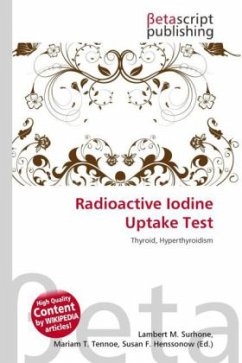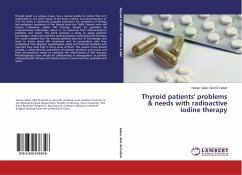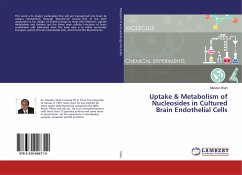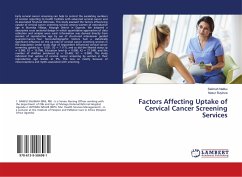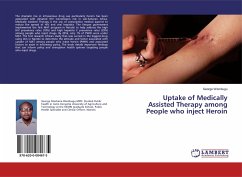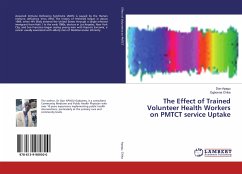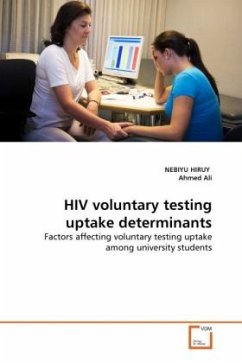Please note that the content of this book primarily consists of articles available from Wikipedia or other free sources online. The radioactive iodine uptake test, or RAIU test, is a type of scan used in the diagnosis of thyroid problems, particularly hyperthyroidism. It is entirely different from radioactive iodine therapy (RAI therapy), which uses much higher doses to destroy cancerous cells. The patient swallows 100-200 microcuries of radioactive iodine (131I sodium iodide) in the form of capsule or fluid, and its absorption by the thyroid is studied after 6 hours and after 24 hours with the aid of a scintillation counter. The normal uptake is between 15 and 25 percent, but this may be forced down if, in the meantime, the patient has eaten foods high in iodine, such as dairy products and seafood. Low uptake suggests thyroiditis, high uptake suggests Graves'' disease, and unevenness in uptake suggests the presence of a nodule. The test is inappropriate for patients who are pregnant or breastfeeding.
Bitte wählen Sie Ihr Anliegen aus.
Rechnungen
Retourenschein anfordern
Bestellstatus
Storno

